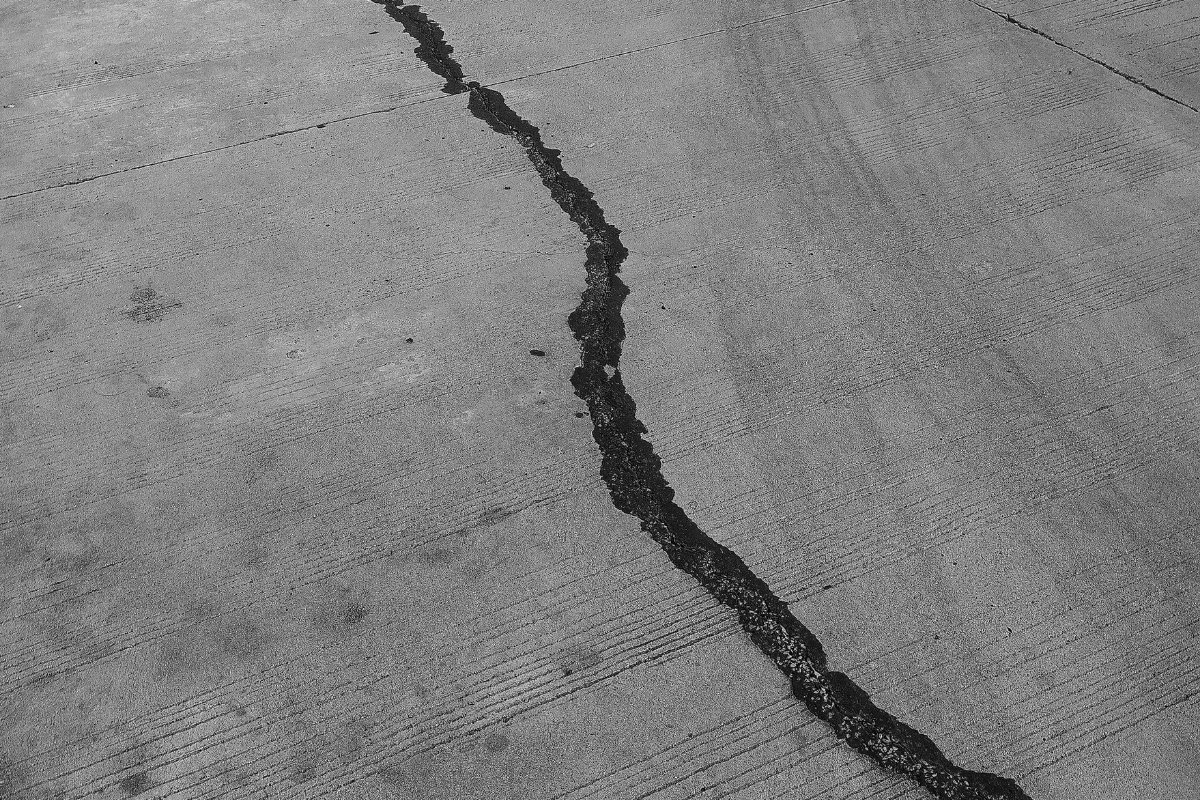San Bernardino County has sponsored new state legislation AB 2728 (Smith) and SB 1426 (Caballero) that will increase fines for illegal cannabis farming and target the illegal pollution of groundwater by illicit cannabis cultivators. The County is also seeking $10 million in state funding to clean up environmental damage at hundreds of illegal cannabis sites and is strongly backing several related illegal cannabis bills in Sacramento. View Video News Release.
“Illegal cannabis farming is devastating the desert communities of San Bernardino County,” said Supervisor Curt Hagman, Chairman of the Board of Supervisors. “The County is determined to stop this terrible damage to the environment and to protect the lives and property of our residents from lawless criminals.”
“I appreciate these legislators’ efforts to give law enforcement practical and meaningful tools to address illegal marijuana cultivation,” said San Bernardino County Sheriff Shannon Dicus. “I look forward to our continued collaboration as we work to address issues which affect the residents in our communities.”
California voters approved Proposition 64 in 2016, legalizing recreational marijuana and allowing the private growing of up to six cannabis plants for personal use. This ballot measure also notably reduced the penalty for illegal cannabis cultivation from a felony to a misdemeanor. As a result, local law enforcement agencies and district attorneys have struggled to arrest lawbreakers and discourage illegal cannabis farming because of their inability to jail repeat offenders.
“California law on cannabis crimes lacks serious penalties,” said Supervisor Dawn Rowe, Vice Chair of the Board of Supervisors. “If someone grows 7, 700, or 70,000 cannabis plants without a license the punishment is all the same – it is a misdemeanor. State law needs real punishments to eliminate large-scale illegal cannabis farms or rural Californians will continue to suffer.”
AB 2728 is authored by Assemblymember Thurston Smith, who represents the Victor Valley cities in the State Assembly. While current state law carries fines for unlicensed cannabis activity, this new bill would add an additional civil penalty based on the size of the illegal farming operation, thereby distinguishing between minor infractions and large, well-organized industrial-scale illegal cannabis operations. AB 2728 is sponsored by San Bernardino County.
“The people of California let their voices be heard and chose to decriminalize cannabis. I support their choice,” said Assemblymember Thurston “Smitty” Smith. “However, what they didn’t ask for was rampant cultivation and an illegal market sucking up resources, destroying the environment, and putting our communities at risk.”
San Bernardino County has also sponsored SB 1426, a bill carried by State Senator Anna Caballero of Salinas. SB 1426 amends state law to specifically address the environmental damage and unique water-related crimes of illegal cannabis growing. This includes the theft or pollution of groundwater, illegal access to water conveyance or storage infrastructure, digging an unpermitted, illegal well, and polluting groundwater with illegal pesticides, or the excessive use of rodenticides, herbicides, pesticides, or other hazardous chemicals.
“Illegal cannabis farming is killing wildlife and wreaking environmental damage across the state,” Caballero said. “This bill will help stop the pollution of our groundwater supply and the theft of water, which are all the more important during an ongoing multi-year drought.”







